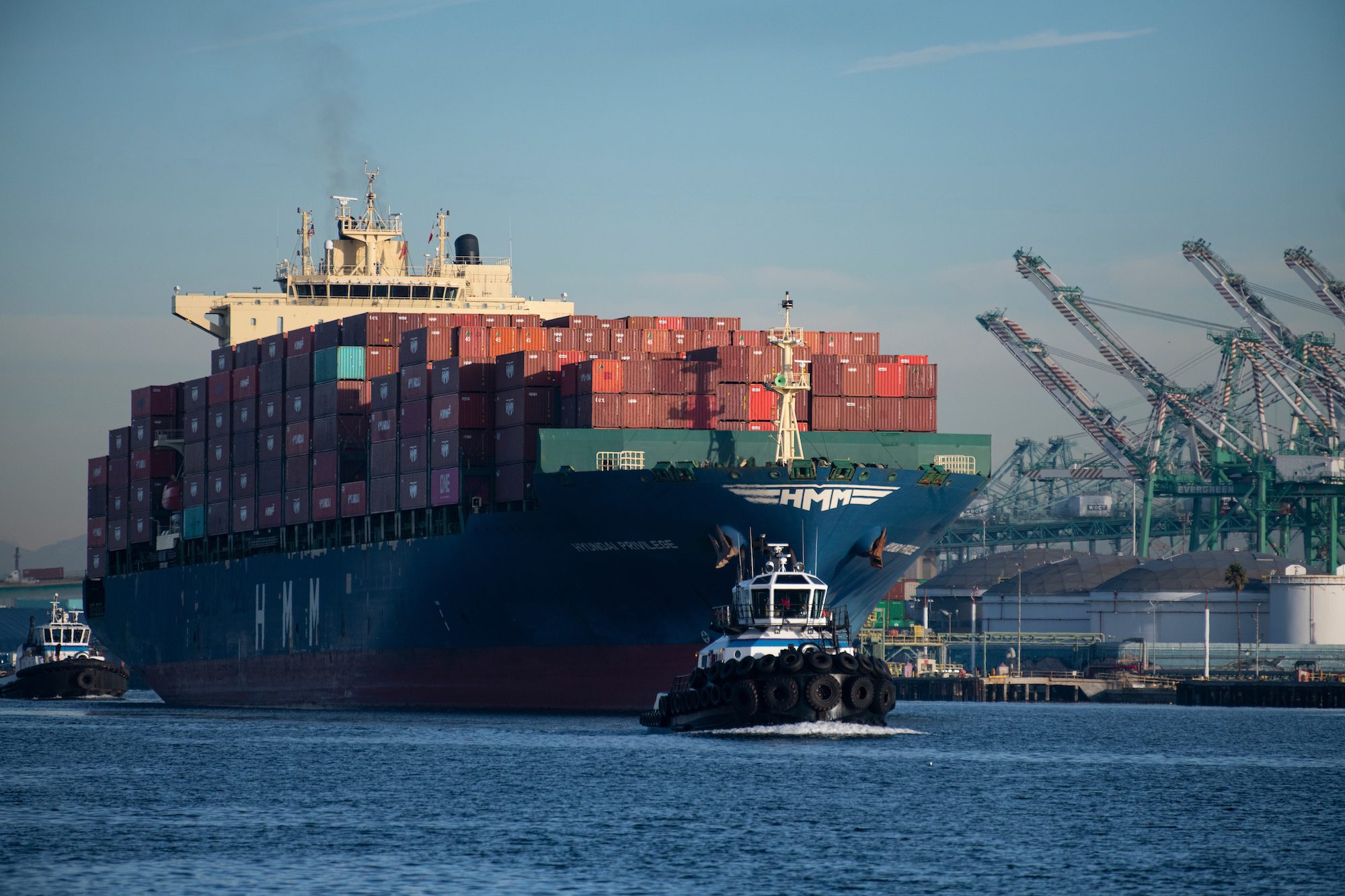Lloyd’s Register (LR) has granted Approval in Principle (AiP) to Seaspan Corporation for its groundbreaking Next Generation Feeder Ship Design. The innovative vessel, developed by Technolog, measures 198 m in length. The ship is designed to be converted from LNG to ammonia fuel during its lifespan, making it adaptable to current market conditions and future industry developments.
This AiP completion underscores Seaspan’s dedication to supporting its customers’ decarbonisation efforts. Working in collaboration with Technolog and LR, Seaspan has developed a solution that addresses current market demands and anticipates future challenges and opportunities in the maritime industry.
The project builds on LR’s previous collaborations with Seaspan. Seaspan is a founding partner of several LR Safety Tech Accelerator initiatives, including “Methane Abatement in Maritime Innovation” and “Cargo Fire and Loss Innovation”. Seaspan and LR are also working together on initiatives focusing on how the energy transition impacts seafarer safety.
The three entities are eager to start phase 2 of the project, which will focus on a dual-fuel ammonia Feeder Vessel.
“We are committed to providing creative solutions to our customers in support of their decarbonisation journey and the best way to do this is through partnerships and collaborations with industry leaders such as LR and Technolog,” said Peter Jackson, SVP of Assets and Technology at Seaspan Corporation. “Seaspan and LR have partnered to address important topics for many years, and this is an excellent result of one of those partnerships. Technolog’s input has also provided a creative solution and demonstrated their leadership in the ship design and Feeder Ship segment.”
Seaspan is a global leader in independent maritime asset management and ownership, focusing on long-term, fixed-rate leases to the world’s most significant container shipping lines. As of March 31, 2024, Seaspan’s fleet included 165 vessels, with 23 more under construction, set to increase total fleet capacity to about 1.9 million TEU. The company also contracted for six new 10,800 CEU pure car, truck carrier (PCTC) vessels.

 Join The Club
Join The Club










